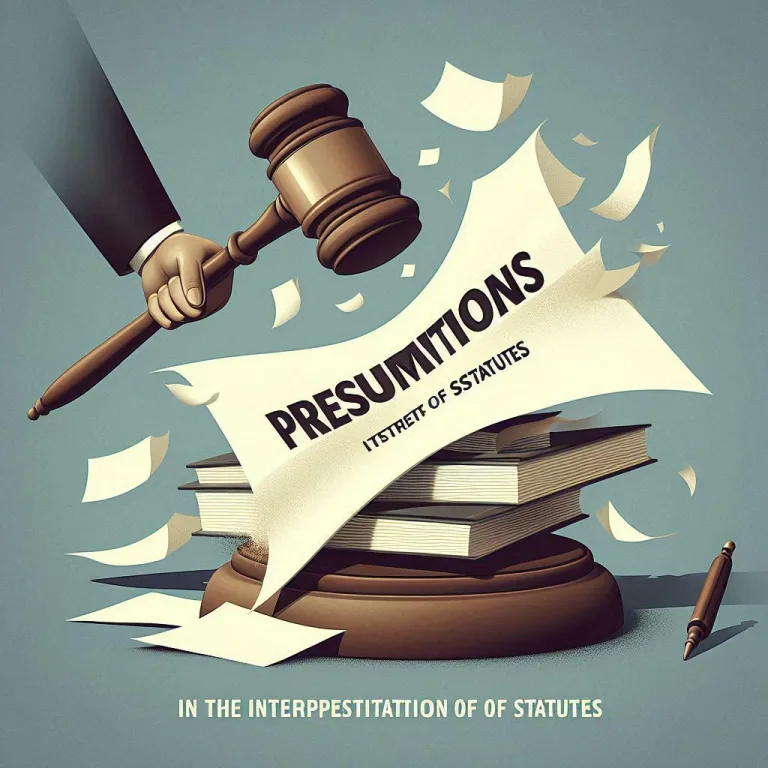Constitution of Criminal Courts in India
1. Introduction The Constitution of Criminal Courts in India is a comprehensive system outlined under the Criminal Procedure Code (CrPC). This framework involves various functionaries who play critical roles in the administration of criminal justice. The main functionaries include the Police, Prosecutors, Defence Counsels, Magistrates, Judges of higher courts, and Prison authorities along with Correctional […]







